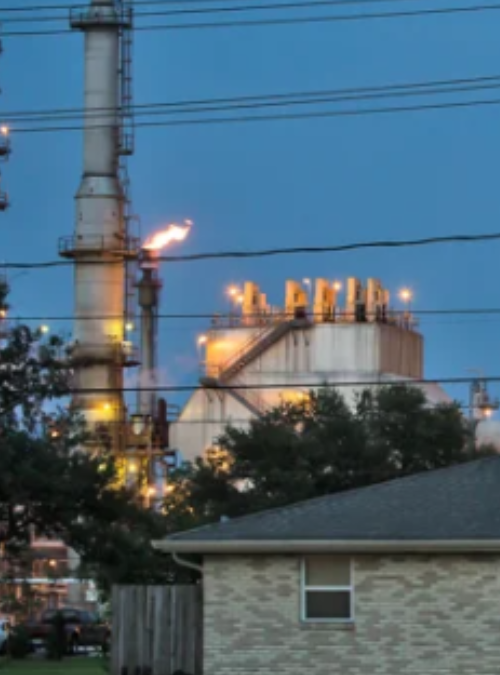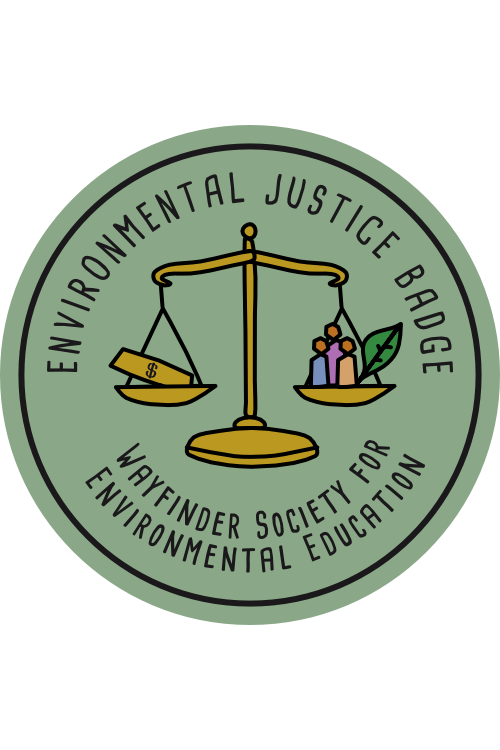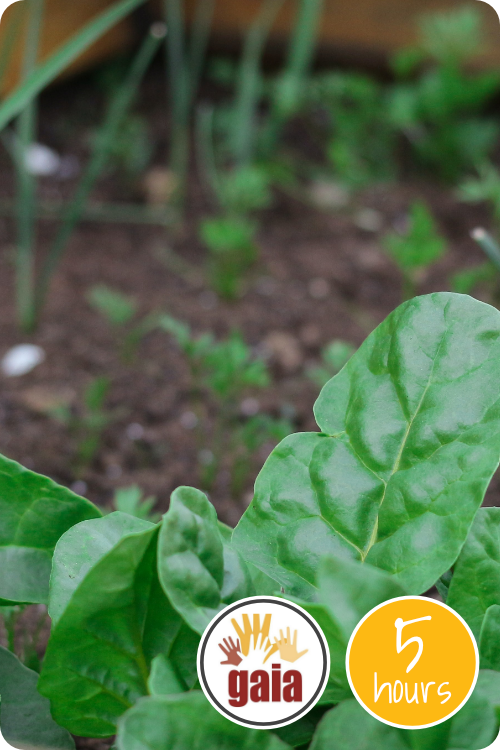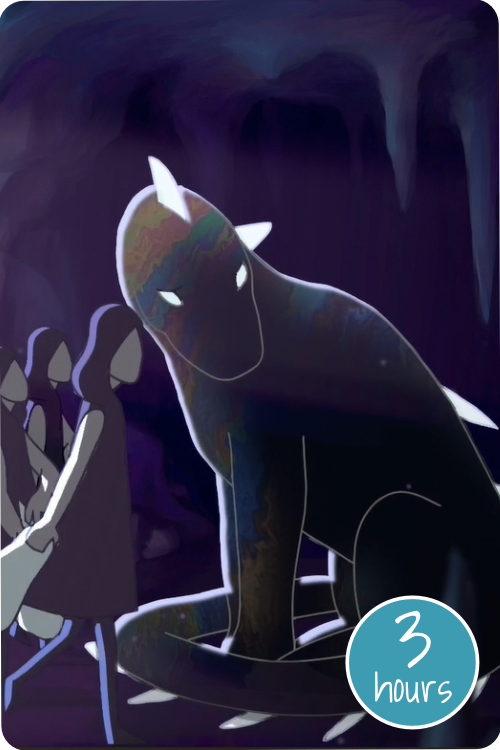
Learn about a powerful tactic for creating a more just world: listening to and amplifying the stories and solutions shared by people being harmed by plastic production and disposal.
Changing the narrative by listening to and amplifying our community stories
A narrative is an alternative word for a story. Stories are really effective tools for humans to share ideas, understand concepts, and make sense of our world. They can also be really powerful agents of change. It’s very important to understand whose stories do and don’t get heard, shared, and amplified. Oftentimes, the stories that get heard the most come from the most powerful companies and voices in mainstream culture, not the groups who have been harmed by the powerful or are not highlighted in mainstream culture.
Many of us know about plastic pollution in the ocean, which is important and has received lots of mainstream attention over the years, but this is just one part of the plastic pollution narrative. For decades the powerful companies profiting from the production and proliferation of plastic have controlled another part of the plastic pollution story. They’ve led us to believe plastic was all recyclable, that consumers are responsible for plastic pollution, while staying silent about the impacts of plastic production on communities near production facilities.
This part of the story is now being amplified, for example through the short film above. It’s important to listen deeply to the people being affected on the frontlines of pollution and hear their side of the story. By truly listening to other people’s perspectives and empathizing with them, we build solidarity. When it comes to plastics, the stories being told by people harmed by the plastic industry are changing everything.
Discussion and Journaling Ideas
- In this film, who is the status quo benefiting, and who is it harming?
- What are three ways that the residents’ of St. James Parish quality of life is reduced by the petrochemical and plastic industries encroaching on their homes?
- How have the stories shared in the film expanded how you think about plastics and the pollution they create?
- Have you noticed signs of an unhealthy environment, and/or its effects on people around your community? If so, what have you noticed?
- Several solutions to addressing the environmental racism happening in Baltimore and Cancer Alley are presented by these communities being harmed. Discuss the solutions they suggest in the film. Are any of these solutions being implemented in your community?
- Which of the above solutions are you most interested in learning more about?
Teachers: Use this student response sheet for your classroom
Change the Plastic Pollution Narrative – Student Worksheet – Google Doc
Answer Key – Change the Plastic Pollution Narrative – Student Worksheet – Google Doc
This resource was created in collaboration with Peak Plastic Foundation.

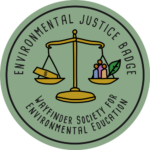 Working towards the Environmental Justice Pathway Badge?
Working towards the Environmental Justice Pathway Badge?
Answer the two journaling prompts below to let us know what you learned from the video.
Related Resources
Environmental Justice Pathway Badge
This Solution video is part of the Environmental Justice Pathway Badge. Complete the Pathway to earn the Badge!
Design a Composting Network
Design a plan for your communities businesses to work together to compost more.
Composting is one of the solutions presented in the short film. Dig in here!
The Story of Plastic - Host a Screening
Host a virtual screening of The Story of Plastic documentary.
Get Creative With Artivism
Raise awareness of plastic pollution by recording a song or creating a video.
Document and amplify the stories of people being impacted by plastics in your own community.
Storytelling for the Future
Can you imagine a world where plastic pollution is unthinkable?! Share your vision through a written story or a picture story.
Explore more
Not Disposable: Waste Pickers
Learn about communities impacted on the other end of the plastic “life-cycle.”

